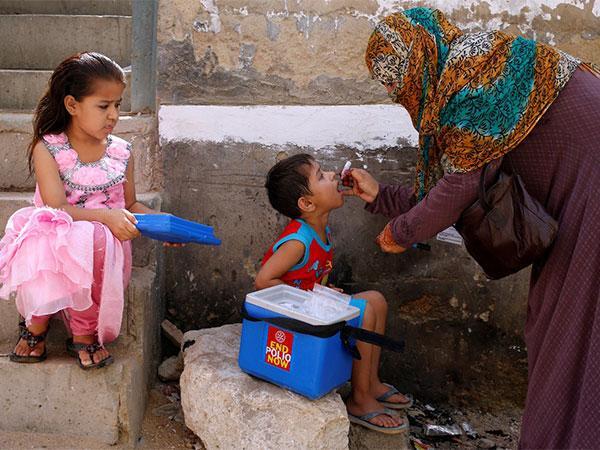
WHO Extends Travel Restrictions on Pakistan Due to Concerns Over Polio
The World Health Organization (WHO) has made a crucial decision to extend travel restrictions on Pakistan for three months, citing concerns over the spread of polio. This move was taken during the 41st meeting of the WHO Emergency Committee, which emphasized the ongoing threat posed by Pakistan and Afghanistan to global polio eradication efforts.
Polio, a highly infectious disease, has been a major concern for public health authorities worldwide. Although significant progress has been made in reducing the number of polio cases, the disease remains endemic in a few countries, including Pakistan and Afghanistan. The WHO’s decision to extend travel restrictions on Pakistan is a clear indication of the organization’s commitment to ensuring global public health and safety.
The WHO Emergency Committee’s findings revealed that Pakistan and Afghanistan continue to pose a significant threat to global polio eradication efforts. The committee expressed deep concern over the spread of wild poliovirus in both nations, highlighting the need for intensified efforts to combat the disease.
The decision to extend travel restrictions on Pakistan is aimed at preventing the spread of polio to other countries. The restrictions, which were initially imposed in 2014, are designed to prevent travelers from Pakistan from carrying the poliovirus into other countries where the disease is not endemic.
Pakistan has been struggling to eradicate polio for several years, despite significant efforts by the government and international organizations. The country has been plagued by vaccine refusals, miscommunication, and security concerns, which have hindered the effectiveness of vaccination campaigns.
The WHO’s decision to extend travel restrictions on Pakistan is a wake-up call for the country’s authorities to take immediate action to address the polio crisis. The organization has called upon Pakistan to increase its efforts to vaccinate children, improve surveillance, and strengthen its immunization programs.
The global community has been working tirelessly to eradicate polio, with significant progress made in the past few decades. However, the persistence of the disease in a few countries, including Pakistan and Afghanistan, remains a major challenge.
The WHO’s decision to extend travel restrictions on Pakistan is a critical step towards ensuring global public health and safety. It highlights the need for sustained efforts to combat polio and prevent its spread to other countries.
In conclusion, the WHO’s decision to extend travel restrictions on Pakistan is a clear indication of the organization’s commitment to ensuring global public health and safety. The decision is a wake-up call for Pakistan’s authorities to take immediate action to address the polio crisis and prevent the spread of the disease to other countries.






